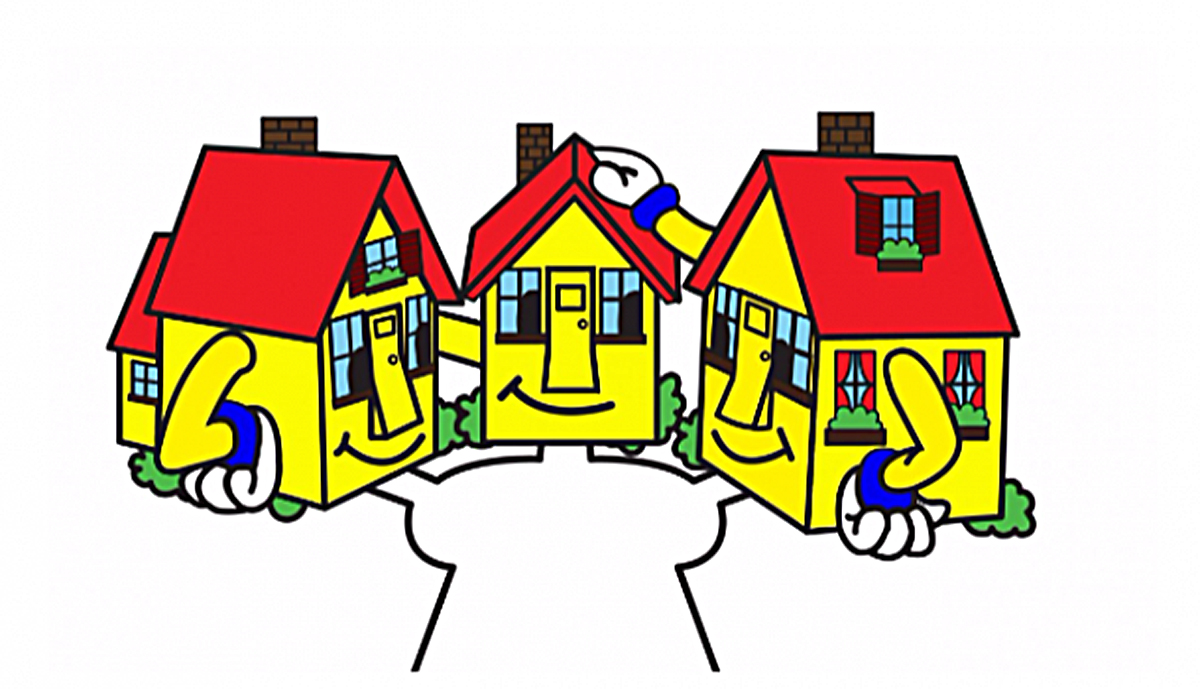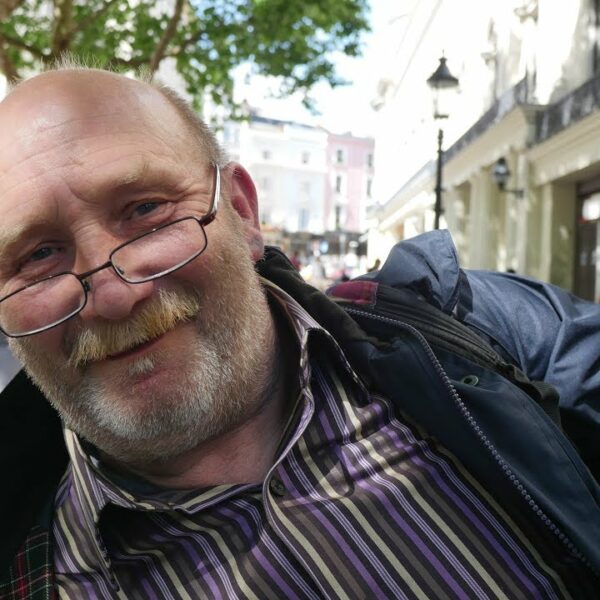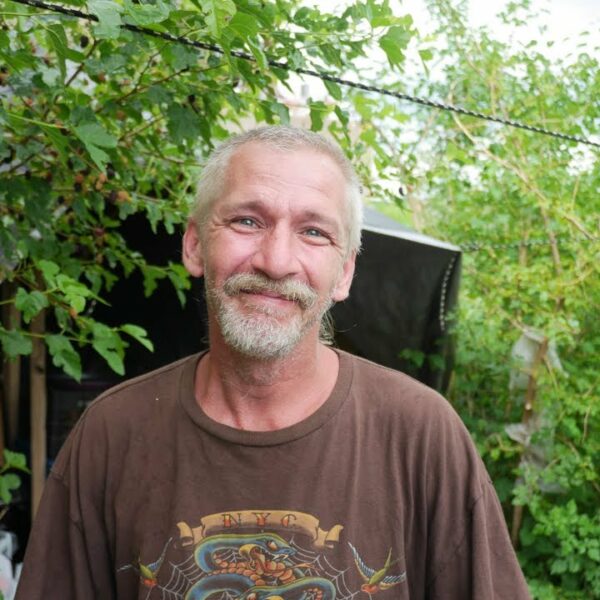Decorating a window of the house I grew up in was a sign like many others in our quiet part of town: Neighbourhood Block Watch. The idea was simple. If an area child felt unsafe or needed help, they could knock on our door. Presumably my parents would look after them until they could reach the child’s parents. Not that the streets of Coquitlam, BC, were very mean in the early ‘90s. I feel like I grew up in a relatively safe city. But the Block Watch signs, complete with smiling anthropomorphic houses, added to a feeling of community, safety, neighborliness.
Nextdoor is an attempt to create that same connectivity in local neighborhoods across America, albeit for the digital age. It’s a self-described “free private social network for your neighborhood community.”
Charming.
Although it sets its sights high, Nextdoor has unintentionally allowed discriminatory sentiments to foster online. Despite the interracial friendships that appear on its homepage splashes, keyboard heroes have felt safe to sling racially charged words at minority groups. They’ve also taken to promoting animosity against homeless people.
Nextdoor, We Have A Problem.
Like the Block Watch signs of my youth, Nextdoor began as a wholesome idea. Neighbors can connect with each other to promote a community garage sale, clean up a section of town, or take the local city councilor to task.
In the process, however, the online platform has made it easy for householders to lobby complaints against their area’s homeless population, whether warranted or not. This negativity spreads like wildfire, gaining momentum with each successive complaint.
Search your own neighborhood and see whether anyone is discussing “problematic” homelessness.
“While I have sympathy for being homeless, I think it’s time for tough love,” argues one user in Portland, Oregon. Another user in LA also assures readers they “have empathy for the homeless. But calling trash personal possessions is ridiculous.” After a user posted a picture of their stolen bike, one neighbor suggested: “[Check] the homeless camp.” (Nextdoor forum quotes thanks to OneZero.)
Other online platforms have similar issues with nurturing negativity against one minority group or another. What makes Nextdoor particularly culpable is how limiting and exclusive it is. In her paper criticizing the Nextdoor app, Katie Lamright notes that “unlike most social media, Nextdoor’s premise is on limiting, rather than expanding, a prospective social network. This manifests in some seemingly innocuous quaintness … going by first name, ‘thanking’ in lieu of liking … but the exclusivity simultaneously fosters discriminatory practices that are baked into the very structure of the app. It’s like a gated internet community.” Significantly, you need to have a verified address to sign up. The unrepresented tend to bear the brunt of louder voices.
Online Mob Mentality Mobilizes in Berkeley
Words and stones may break my bones may be one way to approach the troubling sentiments fanning anti-homelessness flames on Nextdoor. Of course, these sentiments didn’t originate on Nextdoor. But these “words” can have real consequences for very real homeless people.
Take what happened in Berkeley, California, as a case in point. Mike Zint is well-known for his outspokenness about the city’s homelessness. He heard that he was being demonized online, so he signed up for Nextdoor using a fake address. “I was accused of drug use, theft, and being a criminal. I was mentioned by name, and most of what was being said was lies.” The fallout was quick. “Nextdoor kicked me off because they found out I’m a homeless man.”
Mr. Zint himself offers a suggestion on how Nextdoor could manage this growing antagonism better. “You have to have a living, compassionate person [who] understands, and put in rules that says this will get you banned. It needs to be controlled.”
Moderating social media content isn’t a new idea. Platforms like Facebook and Twitter are constantly being taken to task over the need to moderate and have made positive changes in this regard. Nextdoor should take similar steps to moderate content and users.
If neighborhood social media platforms like Nextdoor are left unchecked, Barbara Brust, founder of Berkeley’s Consider the Homeless, is concerned fear mongering could affect how the housed view homeless people. “My biggest fear is that [Nextdoor posters] are influencing people on the fence to be against homeless [people].” And that push might be the difference between online flaming and targeted arson against a tent city.

Image courtesy of Nextdoor. Discover your neighborhood. You might not like what you see.













